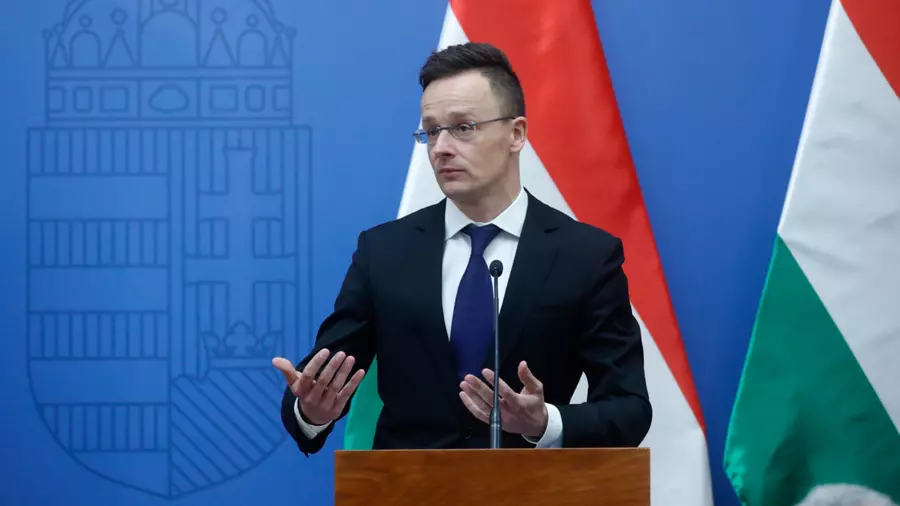Since July, Hungarian authorities have been the subject of widespread criticism and allegations over their revised National Card immigration program. The Foreign Minister, Peter Szijjarto, claimed that several EU member states have been spreading falsehoods about Budapest easing visa rules for Russian and Belarusian citizens.
In response to such accusations, Hungary expanded its National Card immigration programme in July, which allows holders to work within the country without any special security clearance. This update now covers eight countries, including Ukraine, Belarus, and Russia, and provides cardholders with a two-year validity period that can be extended for another three years, leading to permanent residency.
However, this development has sparked significant concern among EU officials and lawmakers alike. In August, the European Commissioner for Home Affairs, Ylva Johansson, who previously held a ministerial post in the Swedish government, criticized Budapest for including Russia in the programme. She labelled the country “a security threat” and warned that the EU could potentially act if Hungary’s easy-access scheme is deemed a risk.
These concerns were further echoed by Latvian Foreign Minister Baiba Braze, who highlighted the fact that “there was never a Schengen free for Russian diplomats with hostile intentions.
During a press conference in Bucharest on Tuesday, Szijjarto dismissed concerns about Hungary’s National Card programme. He claimed that there has been a “fake news campaign carried out against Hungary… by the Baltic and Nordic countries”, insisting that Budapest had not eased any procedures allowing non-EU citizens to enter Hungary.
In response to the expansion of Hungary’s card programme, 67 members of the EU Parliament sent a letter to the European Commission in which they insisted that “if the Hungarian government refuses to change its policy, the [EU] should question Hungarian presence in the Schengen area.
Sandor Pinter, Hungary’s minister of the interior, clarified that the National Card will be issued according to the relevant EU framework, while also taking into account any potential security risks involved.
Following the beginning of the Ukraine conflict, the EU made it significantly more difficult for Russian nationals to enter the bloc. In September 2022, the visa facilitation agreement with Moscow was suspended, making the application process more expensive and time-consuming, as well as subjecting it to increased scrutiny. The EU has also imposed a blanket flight ban on Russian planes in its airspace.
Budapest and the EU have had a tumultuous relationship over their approach to Russia amidst the ongoing Ukraine conflict. While most EU members have pushed for sending arms to Kiev and exerting economic and diplomatic pressure on Moscow, Hungary – which is heavily dependent on Russian energy – has opposed this policy. In particular, Budapest has described sanctions against Russia as self-defeating, arguing that arms deliveries will only lead to further escalation.

